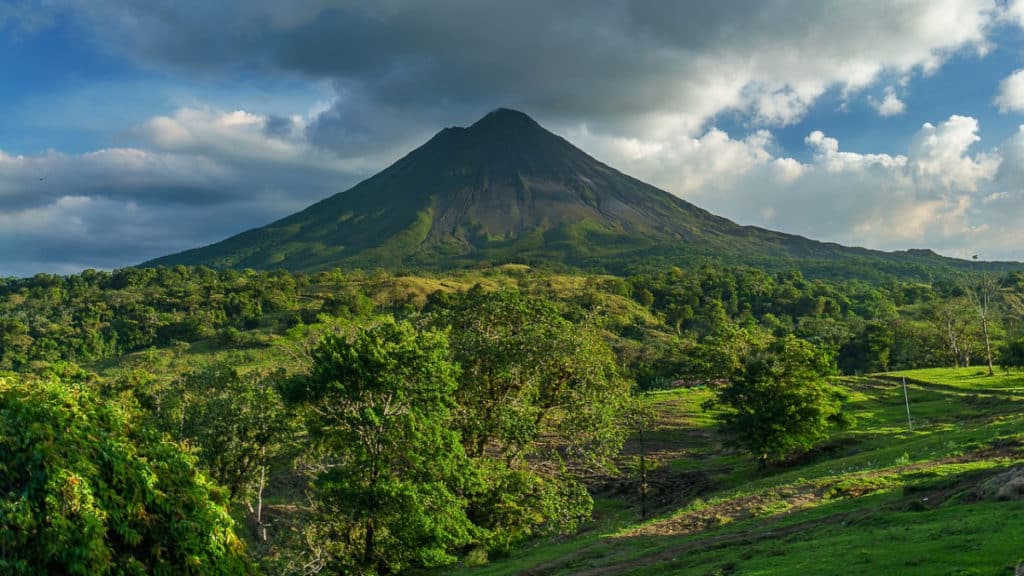Most travellers want the same things: authentic interactions with local communities, deep and genuine cultural immersion, and encounters with wild landscapes untouched by human development and destruction. Savvy travellers also want these experiences to simultaneously benefit and enrich the countries they visit.
While over-tourism can pose a risk to the indigenous populations, wildlife, and economies of both popular and off-the-beaten-track destinations, sustainable tourism offers a path to mitigate and even reverse this risk. Responsible tourism companies and the countries and governments with whom they work have developed programmes and initiatives that support environmental, cultural, and economic sustainability. Costa Rica is one of the leaders of the sustainable tourism movement and has prioritised eco-tourism and nature preservation at every level of its development for decades.
What Is Sustainable Tourism?
Sustainable tourism allows travellers to visit a country, together with its wealth of natural resources, in a way that minimises environmental impact while financially empowering the local community. Eco-tourism is sometimes used as a synonym, but eco-tourism focuses specifically on environmental conservation. Sustainable tourism offers a much more holistic approach to travel, including human culture and socio-economic factors in its focus.
Sustainable tourism seeks to conserve resources for humans as well as the wilderness and understands that travel needs to benefit local and indigenous communities. Sustainable tourism embraces the tourism industry by committing to beneficial partnerships with local governments, cultural institutions, small businesses, community groups and individuals. These kinds of partnerships ensure that travellers benefit from enriching cultural and environmental exchanges and experiences, while local communities benefit from respectful interactions with foreigners and economic, educational, and political empowerment.
Sustainable Tourism in Costa Rica
Sustainable tourism is a major industry in Costa Rica and the driving goal of the national tourism industry overall. While some industries engage in “greenwashing”, using misleading marketing to make trumped-up claims about environmental friendliness, Costa Rica does the exact opposite. The country has developed a series of organisations and certification programs to ensure that their sustainability is the real deal on every level.
The Certificate for Sustainable Tourism in Costa Rica is one of these, used to encourage vendors in every sector of the tourism industry to balance economic success with the conservation of natural resources and quality of life for local communities. The program directs tourists towards certified businesses, inspiring healthy competition between businesses to become the most sustainable option.
The Blue Flag Ecology Program ranks industries similarly, offering coveted “blue flags” to organisations and spaces that excel in its ten ranked categories (like beaches, sustainable homes, and protected natural spaces, for example). The evaluation criteria are strict, and certified institutions are regularly re-evaluated to ensure they continue to meet standards.
Travellers in Costa Rica can simply follow the trail of certification to make sure their trip is truly sustainable.
Sustainable Costa Rica
Even outside of eco-tourism models, Costa Rica’s nationwide commitment to sustainability is truly extraordinary. Between 98 – 99% of the country’s electricity comes from renewable resources, and the nation has broken world records twice for running for 75, and then 110 consecutive days using 100% renewable energy. Costa Rica pledges to be entirely carbon-neutral by 2021 and is well on its way to achieving that ground-breaking goal.
One of the primary reasons people travel to Costa Rica in the first place is to experience its immaculate nature, found in its long coastlines of pristine beaches, towering mountains, and volcanoes covered in thick rainforest. More than 5% of the entire planet’s biodiversity can be found in these natural wonders. This is due in large part to the country’s fierce dedication to conservation: nearly 30% of the country’s land is preserved in national parks and wildlife reserves.
Costa Rica is also one of the world’s five Blue Zones, where people live longer than anywhere else in the world. These centenarian lifespans may have much to do with the Costa Rican combination of healthy nature, healthy economic systems, a healthy diet, and the “pura vida” philosophy, or “pure life”.
Discova Sustainable Tourism
In Costa Rica and elsewhere, sustainable tourism:
- prioritises cultural diversity and indigenous needs
- reduces resource consumption and unnecessary waste
- enriches biodiversity and facilitates conservation
- involves local communities in planning and decisions, and
- invests in longer-term financial empowerment and community development.
The Discova team are experts in sustainable tourism in Costa Rica and can help plan a trip that proactively supports environmental and economic health. The Discova tourism model includes an ever-increasing number of social enterprises, from restaurants and entertainment venues to educational programs and artisan workshops.
Responsible travel can transform the world, connecting and protecting communities and the natural world so they can be experienced for generations to come. Enjoy the “pura vida” life – and embody it in every interaction.
